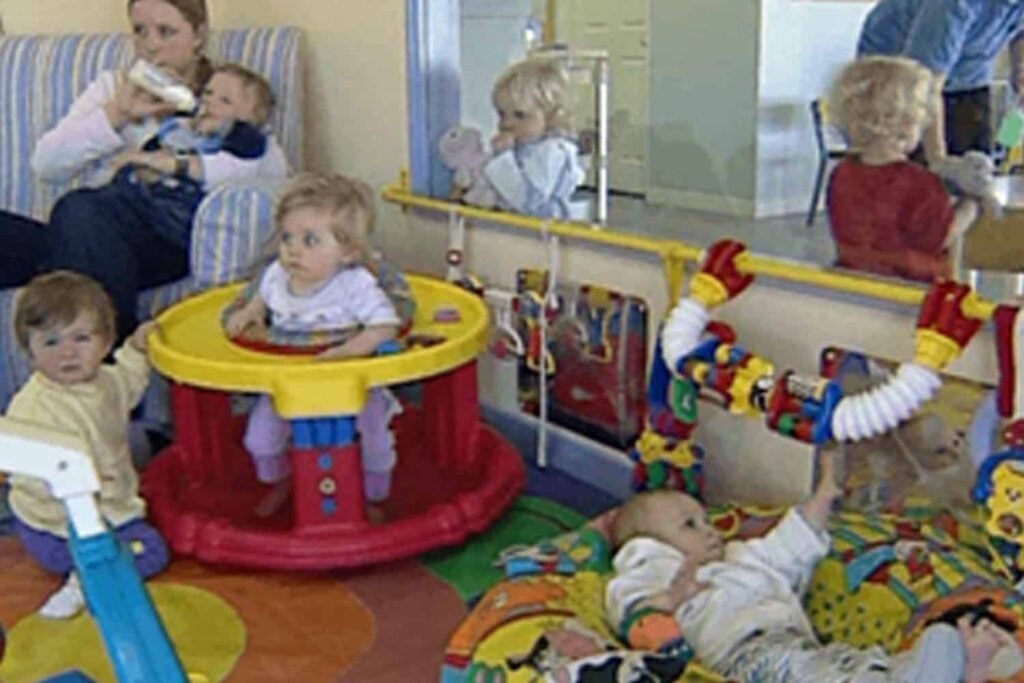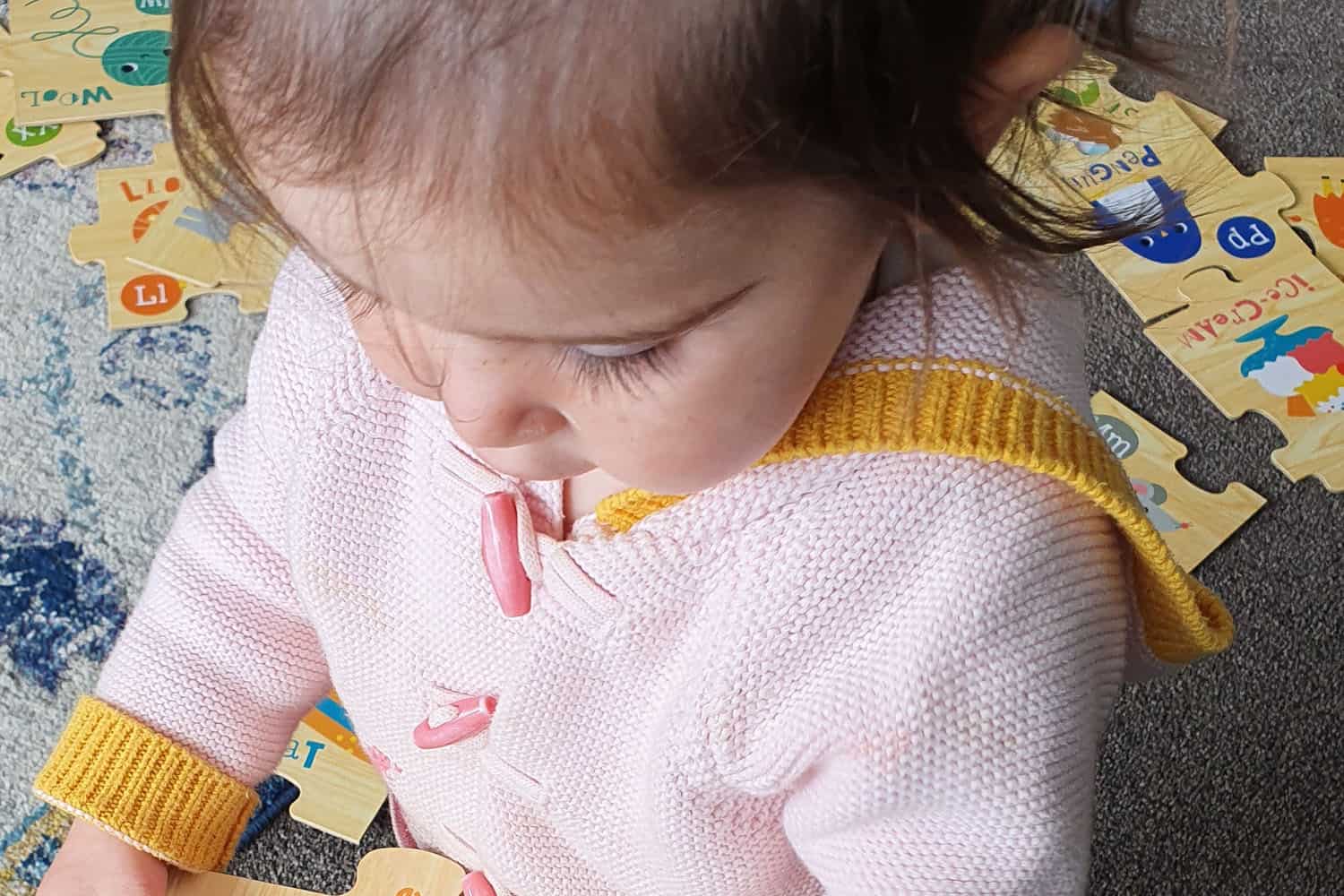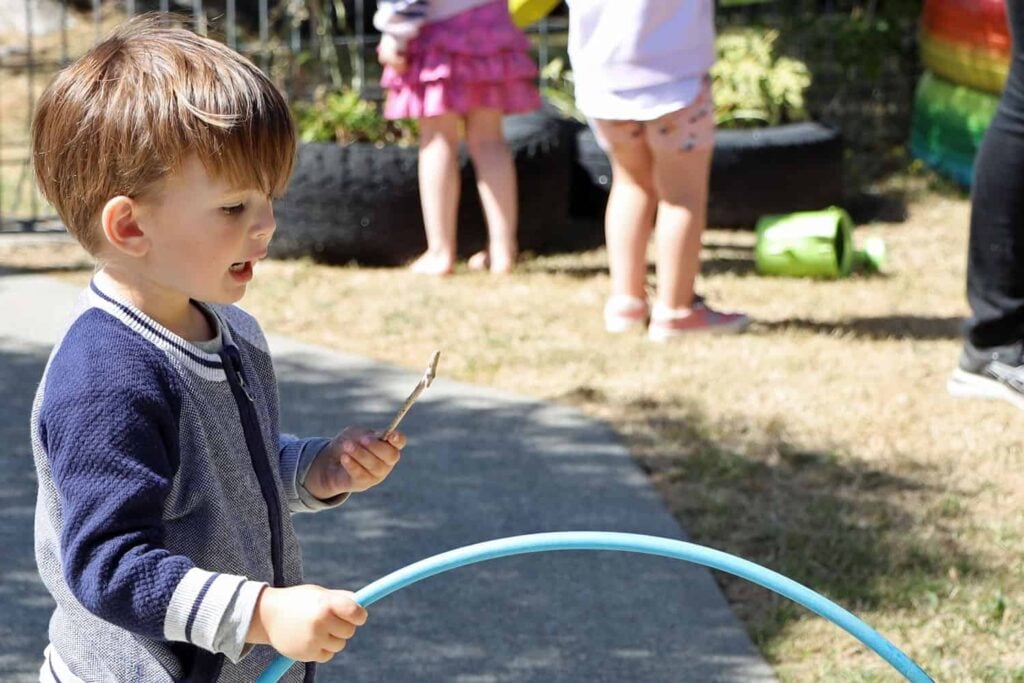Sessional ECE.
By Sarah Alexander.
November 10, 2014.
Someday, part-day early childhood education services in NZ are likely to become akin to the moa and unicorn – extinct and something that is just a fantasy.
Will anyone, the Ministry of Education, or politicians lift a finger to change this? Or is it a good thing for the option of sessional ECE to disappear?
Here are some figures and information to consider.
Childcare Centres
Just 1% of the childcare centres throughout NZ are operating as a fully sessional service.
Compare this to 2004 when around 10% of childcare centres provided sessional ECE and 89% full-day childcare.

Kindergartens
Only 12 kindergartens continue to provide a sessional service. Nearly all kindergartens (98%) have re-licensed as all-day services over recent years.
Compare this to 2004 when 12% of kindergartens were full-day and 88% were sesssional.
Enrolments
Given the rapid decrease in the availability of sessional ECE it is no surprise that nearly all children attending a kindergarten or childcare centre participate in non-sessional ECE now.
Last year, 96% of all enrolments in kindergartens and childcare centre were in full-day services (152,1888 children) and just 3% of kindergarten and childcare centre enrolments were in sessional services (in comparison 40% of children attending kindergarten or childcare were enrolled in a sessional service in 2004).
Funding
The different funding rates set by the Ministry of Education for sessional and all-day ECE services along with the introduction of 20 Hours ECE funding with no rule set to limit the number of hours an all-day service can require children to be enrolled to access the 20 Hours, has likely played a major part in the decision of so many sessional centres over recent years to either switch to being an all-day service in order to keep up with the competition or to close doors.
For example, a sessional kindergarten receives $7.91 per child per hour on the 20 Hour funding rate and an all day kindergarten receives $11.72 per hour per child. A sessional childcare centre receives $6.29 on the highest rate for 20 Hour funding while an all-day centre is given $11.43 per hour per child.

The effects of time spent in ECE on children
A Ministry of Education report on the reading achievement of Year 5 students at school revealed that students who had participated in ECE for less than 20 hours a week scored on average higher than the students who had been in ECE for more than 20 hours a week.
The research literature reveals that attending all-day ECE/childcare does not give children significantly better outcomes over children who participate in fewer hours of ECE. (For example, a major UK study discovered that children attending ECE more than 12.5 hours per week do not necessarily experience significantly better outcomes than those who attend short part-day sessions).
The key message to take from the research literature is that it is the experience of simply participating in a group early childhood programme that matters most. Participation in ECE can benefit children, but the benefits cannot be made greater or lifted further by increasing the number of hours a child is in an ECE facility. In other words longer hours of participation in non-parental childcare or ECE does not result in significantly greater gains or outcomes for children’s development and achievement.
Dr Nikki Turner, Advocacy Advisor to UNICEF NZ, has argued that long hours in childcare is a risk factor for children under 3 years and that this issue needs to be openly discussed.
News story
Community Kindy Closes After Nearly 40 Years
Briefing Paper to the Minister of Education
The Ministry of Education states in its just released Briefing Paper to the Incoming Minister (2014) that “the sector’s effectiveness in preparing children for future learning success will rely on the engagement of children and the amount of time they spend in ECE”. It does not mention the amount of time that is desirable for a child to spend in ECE, but this statement is placed under a heading of “raising quality in ECE” thereby implying that increasing the time children spend in ECE is necessary to raising the quality of ECE leading to children’s higher educational achievement. An example is given of a centre (a member of an action group set up by the Ministry’s Early Learning Taskforce) that realised it could offer 30 hours of ECE to families accessing a Work and Income subsidy instead of 20 hours thereby “growing demand for ECE”.
The viewpoint presented in the Briefing Paper suggests that there could be a strong possibility that over the next three years there will be further policy initiatives or strategies to reward, support or favour those ECE services that have children attending the most hours.
This is likely to have a flow-on effect and negative consequences for the Playcentre movement and its long-standing commitment to providing sessional ECE. It may be a fair assumption to make that any changes in the funding system and pressure by officials will make it increasingly more difficult for Playcentre to maintain its sessional operation. Should this happen, then the choice for families of sessional ECE through Playcentre will also disappear.









